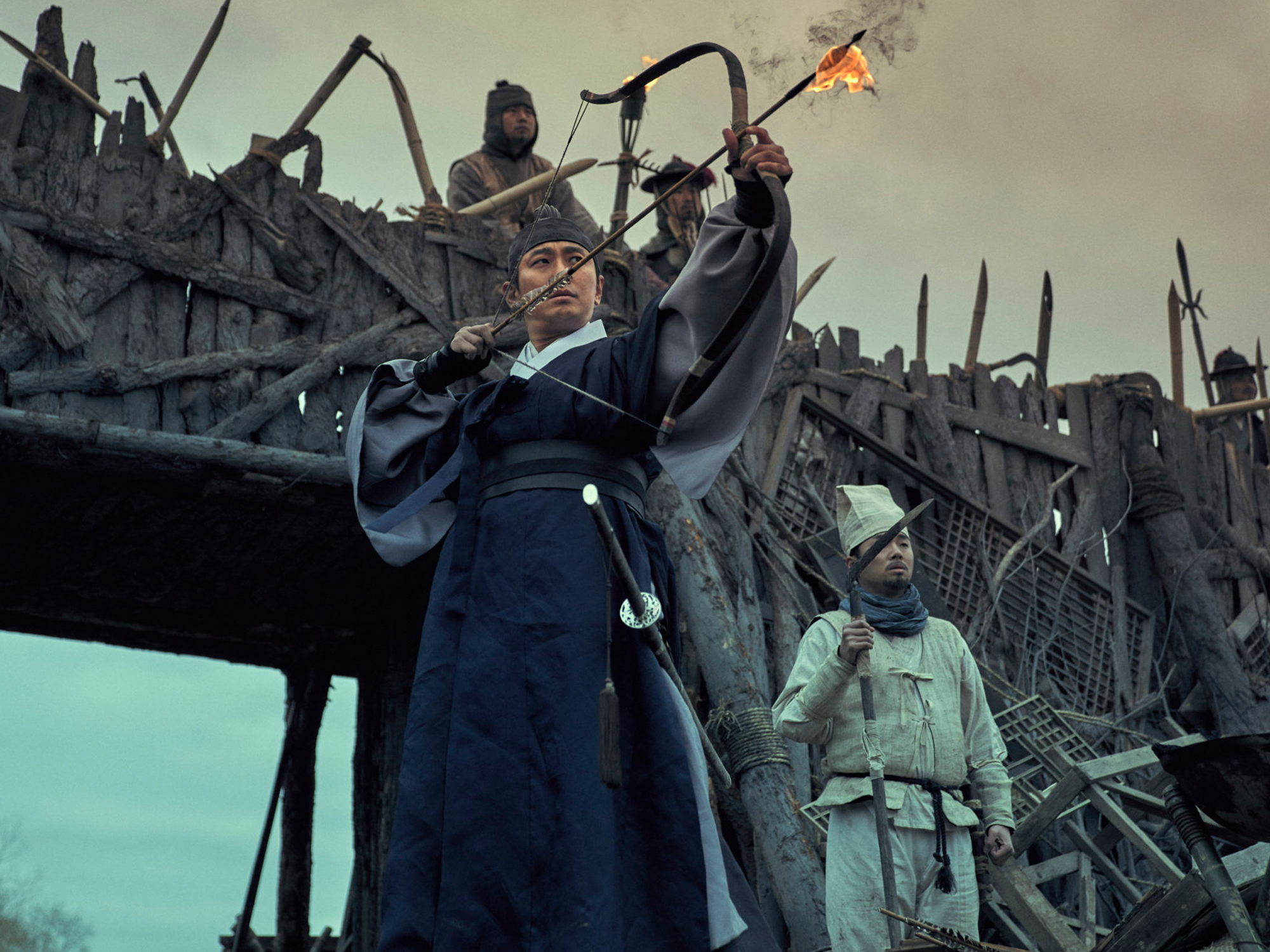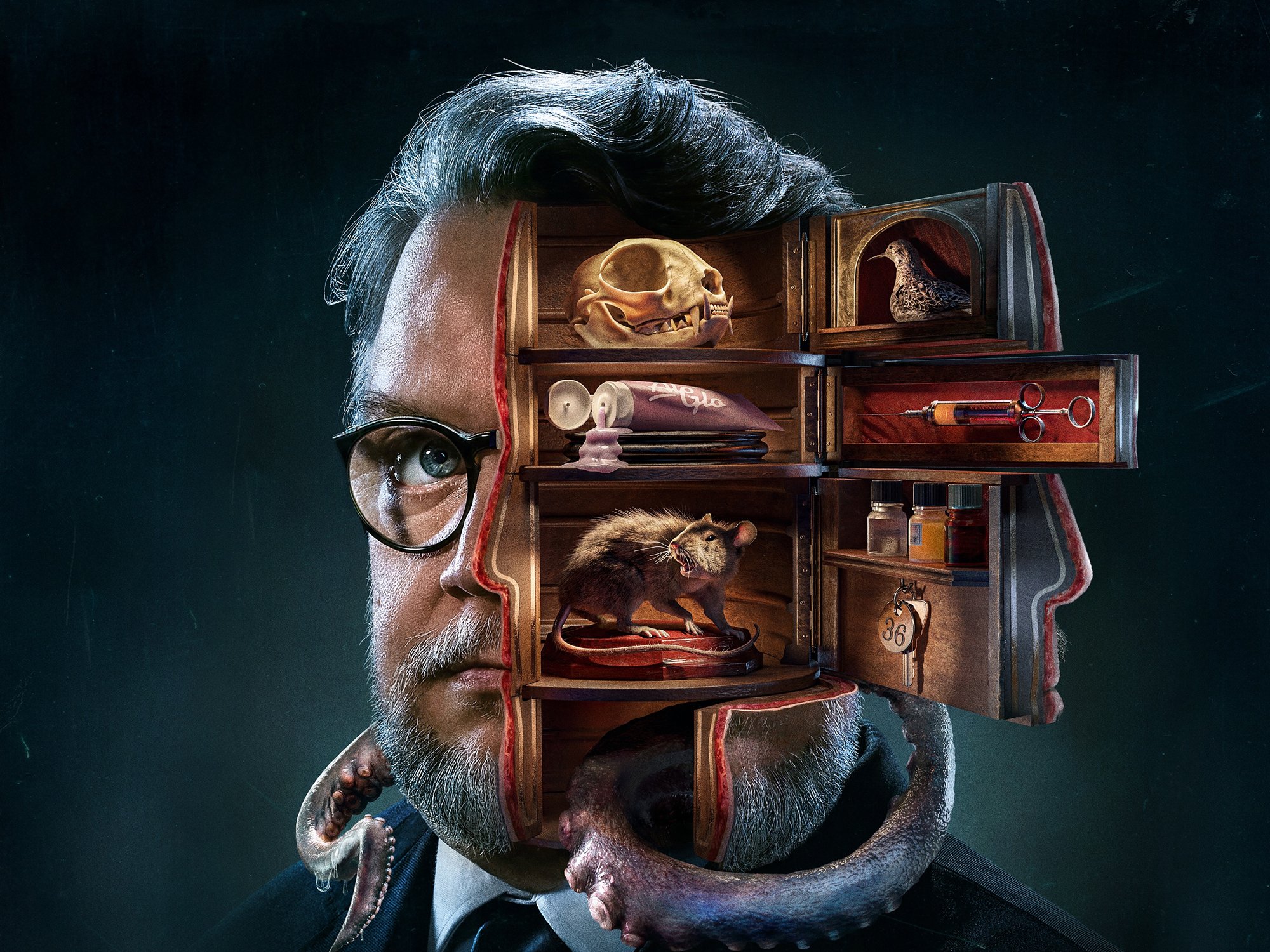TV Review: Kingdom
A Breezy, Zombified Distraction
Netflix’s South Korean zombie horror series, Kingdom, debuted on January 25th. An adaptation of a popular webcomic by Kim Eun-hee and artist Yang Kyung-il, Kingdom’s six-episode first season is breezy, zombified fun. The series gets a lot of compelling mileage out of its unique setting and premise - which is essentially a mashup of period drama and zombie horror - but has a difficult time rising above the conventions of both genres. Minor spoilers ahead…
Ever since the 1932 introduction of the subgenre with Victor Halperin’s White Zombie, zombie films have been a frightful staple of horror. Early films hewed closely to their voodoo roots as well as the cultural zeitgeist, with Nazi zombie flicks of the 40s such as King of the Zombies (1941) materializing in the background of World War II, and the more mad science interpretations of the 50s such as Zombies of the Stratosphere (1952) and Teenage Zombies (1959) echoing the technology boom. It wasn’t really until the late 60s, however, that we entered a modern canonization of the genre, with George A. Romero’s seminal Night of the Living Dead (1968) giving us the familiar shambling and decaying undead that we’ve come to know and love. Since then, zombies have invaded pop culture, with the 2000s and 2010s introducing us to an overexposed, even if occasionally great, glut of zombie fiction - from 28 Days Later and Zombieland to the incredibly popular The Walking Dead, along with indie passion projects such as Maggie and Cargo. Nowadays, the undead are seemingly everywhere, and pretty much always the same: post-apocalyptic and hungry for flesh. This brings us to Netflix’s Kingdom, a South Korean horror import that looks to shake up the zombie formula with a unique premise: a fresh combination of Game of Thrones-like palace intrigue and Dawn of the Dead-style survival horror.
Taking place during Korea’s medieval Joseon period, Kingdom follows the court politics of squabbling aristocrats as the corrupt Haewon Cho clan attempts to wrest the crown away from the ailing monarch. Establishing a cover story of “smallpox,” the young pregnant queen’s (Kim Hye-jun) father, clan minister Cho Hak-jo (Seung-ryong Ryu), conspires to keep the dying king alive long enough for a male heir to be born, thereby solidifying his hold on power. Using a mysterious herb to prolong the regent’s life, the plant instead transforms the king into a ravenous, flesh-craving, you guessed it…zombie. At the same time, the crown prince Yi Chang (Ju Ji-hoon) investigates his father’s strange condition while also dodging Cho Hak-jo’s goons and accusations of treason. Along with his trusty companion Moo-young (Kim Sang-ho), the prince eventually traces his father’s inhuman illness to the neglected and famine-stricken rural provinces, where the same mysterious plant has created a horde of the undead. Not many pieces of zombie fiction can boast a historical setting, and Kingdom gets remarkable mileage out of a unique setting with its absolutely gorgeous production and costume design. The series’ genre mashup is also initially quite refreshing: the palace intrigue builds at a measured but entertaining clip, while the zombie horror also delivers some neat twists. Pleasantly surprising, the undead of Kingdom are of the speedier and deadlier variety, and their refusal to operate in daylight is a novel twist to the standard lore.
“The series gets a lot of compelling mileage out of its unique setting and premise…but has a difficult time rising above the conventions of [it's] genres.”
Unfortunately, however, as one dives deeper into the episode count, the cracks in the show’s shiny veneer begin to show. While the cast is uniformly excellent, the characters themselves ultimately prove to be disappointingly one-dimensional - Cho Hak-jo, the show’s unabashed antagonist, relishes in his moustache-twirling villainy almost as much as crown prince Yi Chang loves to wallow in his honor. The supporting cast doesn’t fare much better, as the corrupt officials are rarely depicted as anything other than ineffectual buffoons, and women rarely as anything but damsels and subservients. In particular, Doona Bae, a physical and emotional powerhouse in Netflix’s delightfully weird Sense8, is constantly sidelined in one of the show’s most egregious oversights. Although, to be fair, the young queen Kim Sung-gyu fares much better as a female character, in the one role that has surprising emotional depth. In the end, the best thing one can say about both Kingdom ’s court politics and zombie horror is that they’re competent. The palace intrigue is nothing you haven’t seen before, with shady power-plays and unborn-heir drama typical of the genre; and the same can be said about the show’s horror aspects, which don’t really deliver that many scares or surprises, even if it is a lot of fun.
Where Kingdom shines, however, is in its production and cinematography. With set design and attention to detail on par with Hollywood’s best, the show is dripping with style and panache, from its slick opening credits to its sprawlingly gorgeous visuals. Lush scenery, diverse locales, and sweeping camerawork make Kingdom one of the most beautiful series on Netflix, and its painstakingly crafted world is alone worth the price of admission.
To tout Kingdom as the second coming of serialized horror would be a gross exaggeration, but it is a lot of fun and its novel approach to zombie mythology is worth checking out. The first, and admittedly short, season ends on a thrilling cliffhanger and another decent twist for the undead hordes, so hopefully the show can iron out its wrinkles and deliver a more nuanced story and better-developed characters for its second season.












